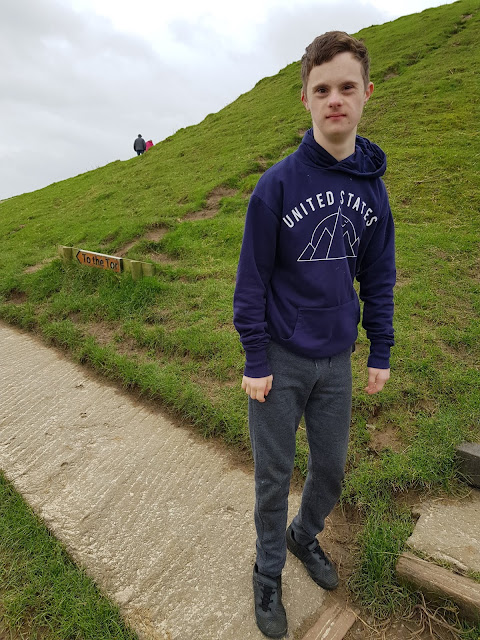Crunch time
Multitudes in the valley of decision (Joel 3:14)
Today I did an experiment with Caleb. We got two different lengths of string and attached weights to the end. Then I twirled them around my head. We both noticed that the one with the longer string had to go further than the one with the shorter, and so was moving faster. It's just like in the Solar System, I said, the planets further from the Sun are moving faster because they have to travel further.
Now many of you will be nodding your heads. Good point George. Neat experiment. Well done. What you don't know is that the rest are holding their heads in their hands and screaming at the page. You just taught Caleb a falsehood. You see what actually happens is the planets nearest the Sun travel faster. It's called Kepler's Law and is due to the increased gravity. In my example the pull in the two weights was the same, while in the Solar System gravity decreases with the square of the distance.
This got me thinking. How often do we base our decisions on what seems obvious but is not true. My favourite example is the Israeli airforce. They performed an experiment to see if it was more effective to berate a pilot for a bad landing or to praise them for a good one. What they discovered was simple. If you praised a pilot for a good landing then they were more likely to do a worse landing next time. If you criticized them for a bad landing then they were more likely to do a good one next time. They concluded that criticism was more effective than praise. Again lots of nodding heads. Just what I always thought. Telling people off is more effective than rewarding them. But one or two of you have spotted the flaw in their reasoning, haven't you? Well, for any who haven't, I'll tell you. If you do a good landing then you are always more likely to do a worse landing next time. It's a matter of statistical probability and has nothing to do with whether you are praised or criticised. Ditto for bad landings. The next landing is always likely to be better, whatever anyone says to you. It's known as the problem of the rule of thumb. Daniel Kahneman got a Nobel prize for pointing it out (and a bit more of course).
Without wishing to trivialise what is happening in America, I suspect a lot of racism works like this. When we have a prejudice it often has enough apparent truth in it to lock it into our brains. The classic case is the relationship between race and crime. It is statistically true that African-Americans are over represented in arrests for criminal behaviour. Indeed the numbers are quite stark: 49% of arrests from only 13% of the population. Now I trust you will have spotted the problem. If a police officer believes African-Americans are more likely to be criminals then they are more likely to arrest them. Self-reporting, which is one way of eliminating these differences, shows no disparity at all between different ethnic groups in the States. White kids do just as much crime as black kids but they don't get arrested, don't get incarcerated, don't end up with no work prospects, no right to vote, no future. Instead they go to college.
Of course this is not the whole truth. African-American men do commit proportionally more crime. But small wonder. No job prospects, a third of all adult role models in prison, few routes out of poverty, a police force that acts as the enemy. It is that worst of all prejudices, one that causes its own fulfilment. Decisions that have been taken over decades have led to today's riots and there is little hope for the future without a sea-change in attitude the like of which we have not seen since Martin Luther King. Multitudes are in the valley of decision. Let's pray for a miracle.
 |
| A tomato plant against a country view |



Amen
ReplyDeleteAmen
ReplyDelete